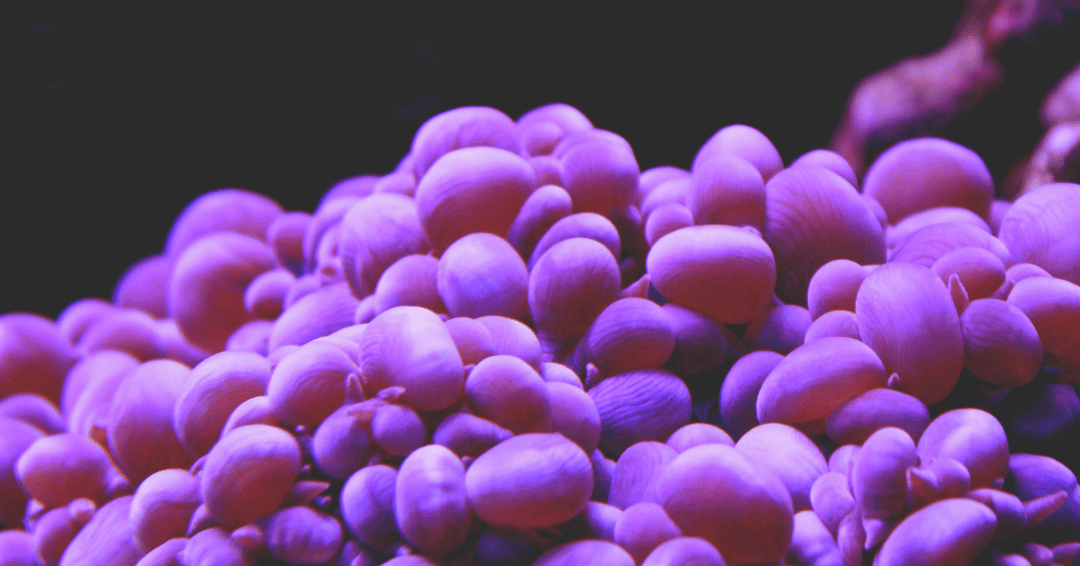Project title: Low-cost ex situ and in situ approaches to enhance growth and adaptation of large polyp stony (LPS) corals in Indonesia
Lead applicant: Dr. Suryo Kusumo
Co-applicants: Silki Anisa Hidayat, Yunita Multi Cahyaningrum, Astri Ayuningtias, Ardaffa Firdausy Rahadiya
Countries involved: Indonesia
Takes place: Indonesia
Supporting institutions: Yayasan Karang Lestari Indonesia
Total budget: USD77,841
Duration: 24 months
Project overview
Indonesia hosts nearly 69% of the world’s coral species, yet its reef ecosystems are under continuous pressure from climate change and human activities. While coral transplantation is widely used for reef restoration, most efforts focus on fast-growing SPS species, leaving slower-growing LPS corals underrepresented and creating ecological imbalances in rehabilitated reefs. The decline of LPS corals reduces biodiversity among reef-associated organisms and increases the vulnerability of reef ecosystems, threatening local livelihoods, tourism, and coastal protection. Restoring LPS corals is therefore essential to preserve these species and support the long-term resilience of both the ecosystem and the local economy.
Coral assisted sexual reproduction techniques, which track spawning and enable gamete exchange between different colonies, promote genetically diverse coral populations that are more likely to survive under changing ocean conditions. This project addresses the gap in LPS coral restoration by developing a locally adaptable, low-cost method using corals natural sexual reproduction. Its goal is to enhance long-term reef resilience, restore ecological balance, and safeguard biodiversity.
Specific objectives
Enhance growth and adaptation of large polyp stony (LPS) corals in Indonesia for restoration by rearing coral larvae and:
- Studying in situ symbiotic zooxanthellae shifts, color changes, survival, and growth rates.
- Testing ex situ coral larvae survival and growth in situ at North Air Island, Kepulauan Seribu.
How the objectives will be met
The first step is to collect LPS corals and track their spawning throughout the year.
In situ study corals symbiotic zooxanthellae:
- Study coral symbiotic zooxanthellae and rear LPS larvae in aquaria through early-stage attachment.
- Assess survival and growth rates under controlled conditions.
- Test coral responses to varying environmental conditions such as light intensity, temperature, and water flow.
- Monitor color changes, survival, and growth weekly using standardized photography.
Ex situ test coral larvae survival and growth in situ:
- Tag and deploy settled juvenile corals onto the restoration site on the north side of Air Island, Kepulauan Seribu.
- Evaluate coral survival and growth every two weeks for one year.
- Monitor environmental parameters including water temperature, salinity, and clarity.
Impact of the project
- Established ex situ spawning monitoring protocol for LPS corals.
- Field-based assessment report on survival and growth of LPS corals.
- Practical guidelines for outplanting LPS corals into in-situ reef habitats.
- Strengthened local community engagement and participation in coral restoration.
Major highlights
The project will validate the practical application of LPS coral outplanting and provide site-specific insights to enhance ongoing restoration strategies in the region.

